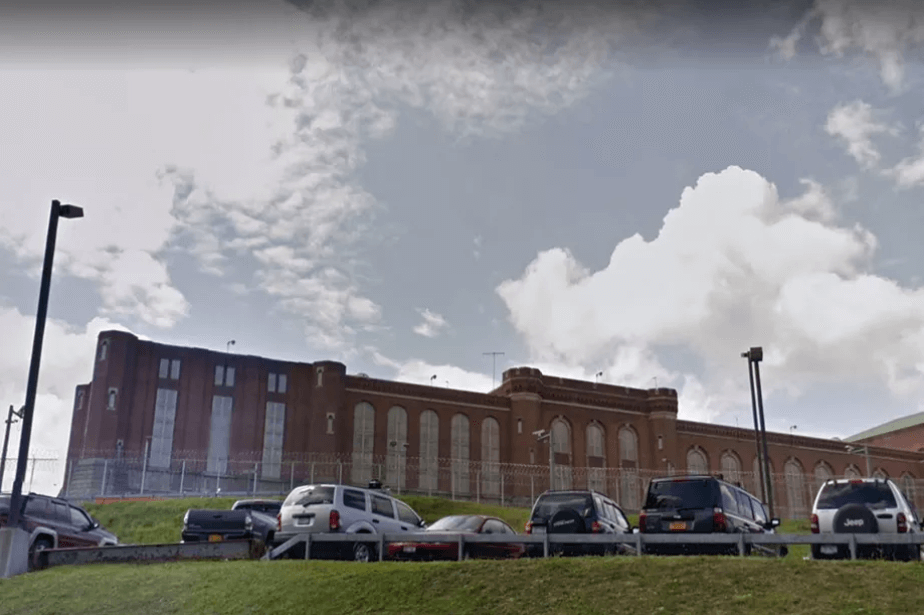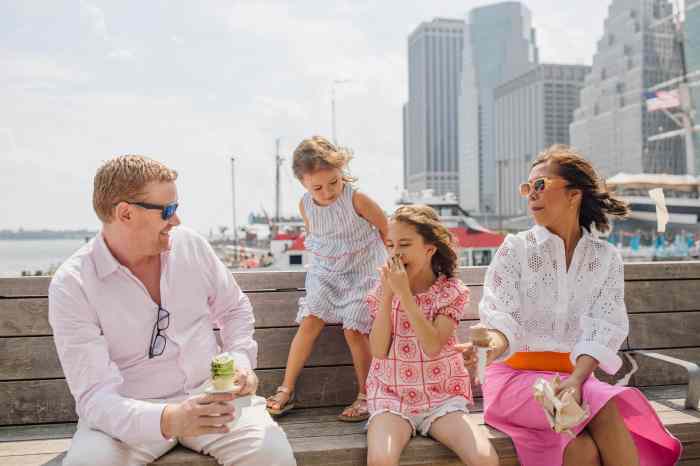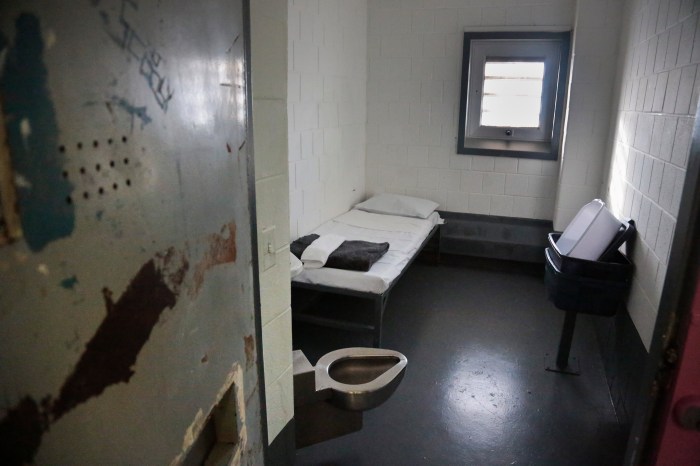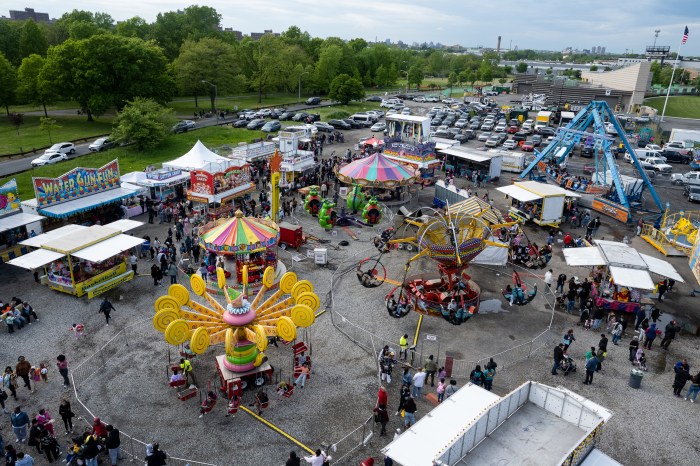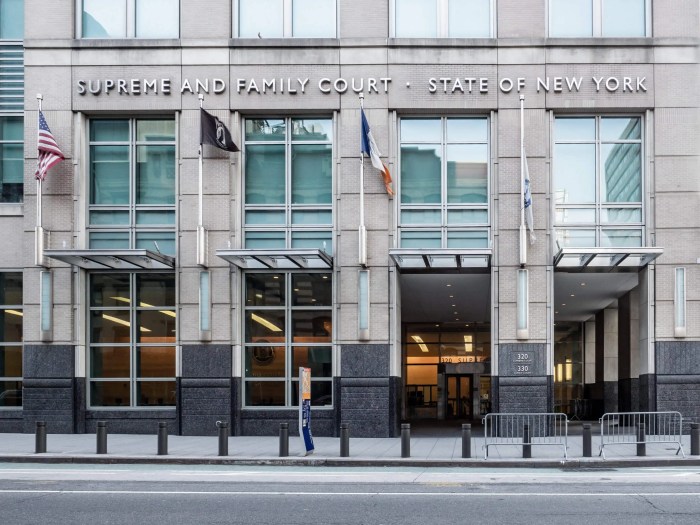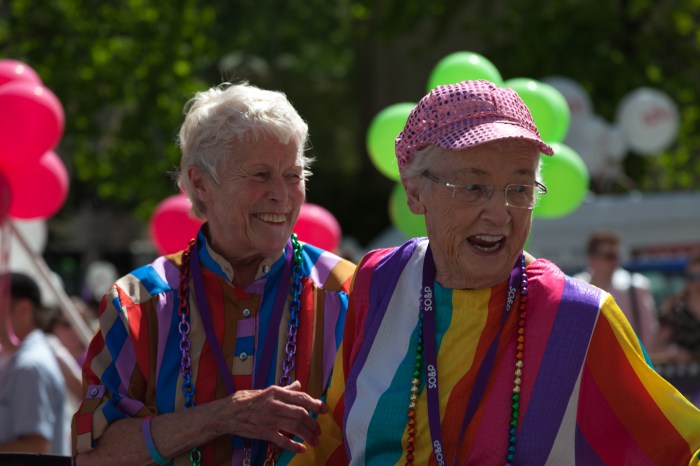By Reuven Blau and Rosa Goldensohn, THE CITY
This article was originally published on by THE CITY
From her Manhattan home, Mesha worries about her husband as the number COVID-19 cases explodes at the Elmira Correctional Facility, where he is being held, and at other prisons across the state.
She got the call that he tested negative about two weeks ago, but fears that might not be the case for long.
“The unknown is an enormous amount of pressure,” said Mesha, who didn’t want her last name used due to fears her husband might be retaliated against by correction officers.
As New Jersey released more than 2,000 prisoners Wednesday out of COVID-19 fears, New York prisoners and their loved ones are looking to Gov. Andrew Cuomo to do the same.
Cumulative positive coronavirus cases nearly doubled in state prisons in just over two weeks in October, state figures show. Hundreds of prisoners tested positive for the virus at Elmira prison and dozens in other lockups.
The state Department of Corrections and Community Supervision reported that a cumulative total of 1,571 prisoners have tested positive for COVID-19 across New York as of Oct. 27. Officials said 878 of the infected inmates have already recovered from the virus.
That’s up from 820 prisoners with positive cases on Oct. 9, 759 of whom Corrections officials said had recovered at that point.
Some 1,590 total positive cases were reported as of Tuesday, with 1,227 of those prisoners said to have recovered.
The increase has been driven by outbreaks at the Elmira, Greene, Cayuga and Clinton prisons. Elmira counted 594 cumulative positive cases on Nov. 3, up from 10 on Oct. 9. Greene went from 31 to 137 cases in the same time frame, according to DOCCS.
“There is concern. They are never doing enough,” said Assemblymember David Weprin (D-Queens), chair of the Committee of Correction, who urged state corrections officials to move more nurses and doctors to areas with high numbers of cases.
Though advocates have been ringing alarm bells about health conditions in state prisons for months, the Cuomo administration has largely escaped widespread criticism of its handling of COVID-19 behind bars.
The state did not begin widespread testing of inmates until well in to the summer, making pandemic’s reach in state prisons difficult to gauge.
DOCCS has still not tested its entire population of prisoners. Of the roughly 36,000 prisoners in state custody, just under 30,000 have yet been tested since the start of the pandemic, when the population was even higher.
Eighteen state prisoners have died from the coronavirus so far as have five staff and four parolees, according to the Department of Corrections.
Using Pandemic to Punish?
In April, THE CITY reported that the department was insisting it had enough medical staff even as it sought to recruit more than 300 workers to treat prisoners during the pandemic. Many of those slots remain unfilled, according to prison insiders.
Some facilities have blocked all visitors and limited movement in an effort to curb the spike. Advocates say these are effectively lockdowns that deprive people of social and recreational opportunities and fear their effect on prisoners’ mental health.
Prisoners who refuse COVID-19 tests have been put in solitary and hit with other punishments, said Soffiyah Elijah, executive director of the Alliance of Families for Justice, a nonprofit that helps incarcerated people and their families. Meanwhile, some guards walk around public areas without masks, Elijah added, citing conversations with prisoners and their family members.
“DOCCS is primarily using the COVID pandemic to be punitive in any way possible,” she charged.

Thomas Mailey, a Corrections spokesperson, called the claim “patently false” and noted no one is required to take a COVID-19 test.
“However to avoid possible spread of the virus, anyone who refuses the test is treated as if they are positive and quarantined for 14 days,” he added. “They are not issued disciplinary tickets and it is not punitive.”
In March, corrections officials initially refused to post the number of incarcerated people who tested positive for the virus. The department had also limited the number of people tested to only those showing symptoms.
“What’s happening was entirely predictable,” said Alexander Horwitz, executive director of New Yorkers United for Justice, a coalition of nonprofits that advocate for criminal justice reform.
“There’s willful ignorance,” he added. “Thinking that the virus would be somehow protected by the walls of prisons.”
No Visitors Allowed
The Cuomo administration contends it has taken drastic measures to free as many people as safely possible.
There are currently 35,950 people behind bars in state facilities, down more than 8,000 since Jan. 1 and the lowest New York prison population since 1986.
All told, 3,095 people had been released early due to COVID-19 as of Oct. 27, according to DOCCS. That includes 791 individuals whose low-level parole violations were cancelled.
Another 2,292 people let go had been imprisoned on non-violent, non-sex offenses and were within 90 days of their approved release date. A dozen women who were pregnant or postpartum with similar low-level offenses and within 180 days of their approved release date were also sprung.
“Every facet of the state’s response to the COVID-19 outbreak has been guided by facts, scientific data, and the guidance of public health experts…to protect the safety of New York’s corrections staff and incarcerated population,” Mailey said.
Testing of the entire incarcerated population is expected to be completed by Nov. 15, he added, noting rapid testing has been deployed for Elmira, Greene and Cayuga staff.
Additionally, all visits and social programs have been temporarily suspended at Elmira and Greene.
For Mesha, that has been particularly difficult. She has only been able to visit her husband twice since the pandemic broke out in New York in early March.
“It’s been very scary,” she said. “I told him on the phone I’m fighting back tears.”
THE CITY is an independent, nonprofit news outlet dedicated to hard-hitting reporting that serves the people of New York.



